Improve Life with Parkinson’s
At PCSUK, we believe that you can improve the way you live with Parkinson’s by using alternative therapies, treatments, supplements and managing your diet. We believe that the human body is like a vehicle, which will perform better according to what we put in and how we look after it. Here are some lifestyle changes that can be made that will help to improve your lived experience of Parkinson’s Disease.
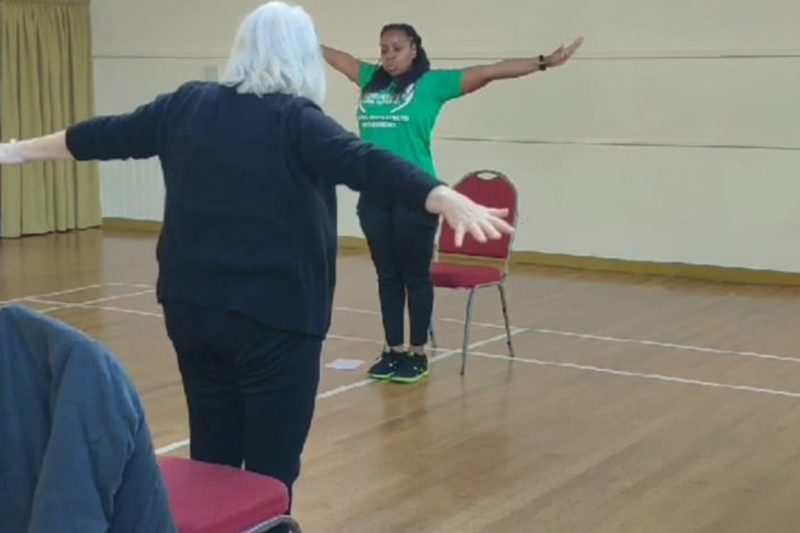
Exercise
Regular exercise can dramatically slow down progression of Parkinson’s as well as reduce the motor symptoms associated with the disease, improve bradykinesia and postural instability. Therefore, exercising regularly is essential for people with Parkinson’s to maintain balance and mobility.
There are many different types of exercise and each kind can benefit a person with Parkinson’s. The type of exercise along with the intensity and consistency will determine how much benefit you get from it.

Diet and Nutrition
Levodopa (Sinemet) and bromocriptine (Parlodel) are some of the drugs that many people with Parkinson’s use to manage symptoms. However, no medication exists to slow down progression of Parkinson’s or to fully stop symptoms from occurring. Since there’s no cure for Parkinson’s, and the drugs prescribed to manage symptoms often have harsh side effects, more and more people are exploring alternative remedies for Parkinson’s treatment. This can be done through diet and nutrition.
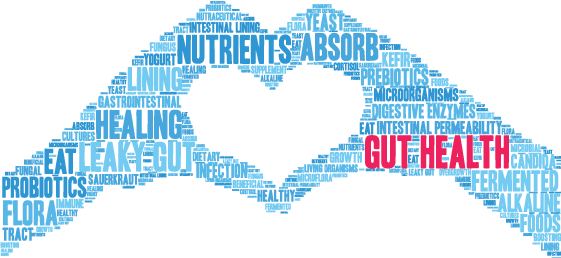
Looking After Your Gut
The gut is where our health starts. Eating the right foods which consist of fruit, vegetables, pulses, nuts and wholegrains feed healthy bacteria in your gut, whilst highly processed foods either supress good bacteria or increase bad bacteria.
Parkinson’s Care and Support UK believes that the gut should be treated as its own organ. It contains billions of bacteria which are vital for breaking down food and toxins, makingvitamins and interact with our immune system. The gut and its microbes also control inflammation and make different compounds that can affect brain health. Your gut and brain are connected through millions of nerves, most importantly the vagus nerve. Whilst poor gut health and nutritional deficiencies not only worsen Parkinson’s symptoms and can cause other motor and non-motor complications, it may play a pivotal role in the development and progression of Parkinson’s Disease.
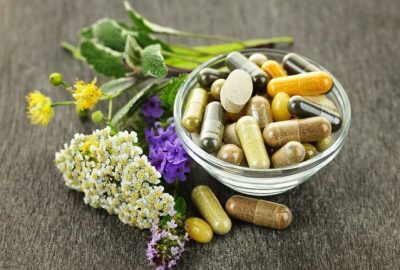
Natural Remedies and Supplements
Many people are not aware of the non-pharmaceutical alternatives to treating Parkinson’s Disease. There are various natural substances or supplements that can have a positive effect on your Parkinson’s and improve your symptoms. Some can also counteract the terrible side effects often brought about by Parkinson’s medications. It is important that you consider these alternatives in order to find out what will work best for you.

Complementary and Alternative Therapies
We are living in forward thinking times where people want to be more proactive about their health. We are becoming more conscious of the side effects and toxins from medications and as a result many people with Parkinson’s disease are interested in trying to improve both their motor and non-motor symptoms with therapies that are not medications. This section aims to explore some of the complementary and alternative treatments and therapies which have been proven to improve Parkinson’s.

Mental Health
When diagnosed with anxiety or depression, doctors are often quick off the mark to prescribe antidepressants for these symptoms. As a result, most people believe that medication is the only treatment for anxiety and depression. This could not be further from the truth.
As with most of our work, Parkinson’s Care and Support UK focuses on improving quality of life naturally. We strongly believe that the best way to do so is by finding the root cause of illness and by using treatments and therapies that do not cause dependence or nasty side-effects. Treating anxiety or depression successfully often requires a holistic approach which incorporates some kind of exercisetherapy, talk therapy, changes in diet and nutrition and even environmental and lifestyle changes.
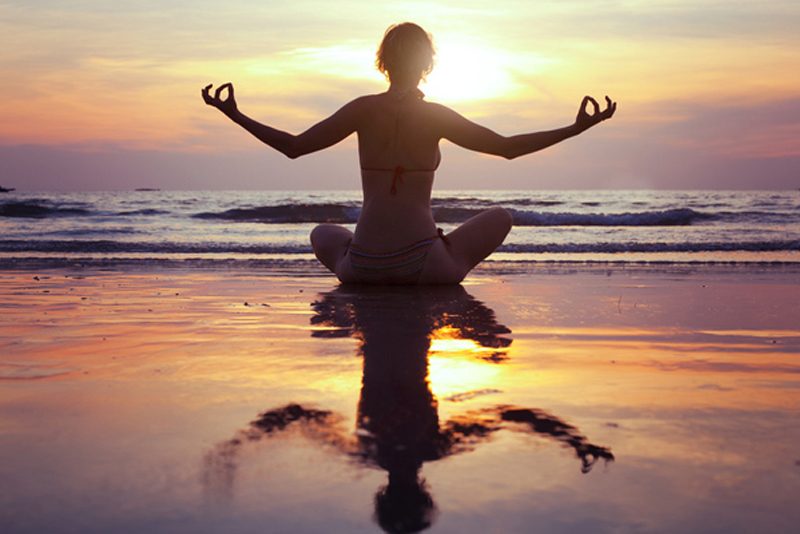
Holistic Health and Wellness
Holistic Health is an approach to life. Rather than focussing on illness or specific parts of the body, this ancient approach to health considers the whole person and how he or she interacts with his or her environment. It emphasises the mind, body and spirit.
Wellness is an active process of becoming aware of and making choices towards a healthy and fulfilling life. Wellness is more than being free from illness, it is a dynamic process of change and growth. It is a state of complete physical, mental and social wellbeing.
A Holistic approach to health and wellness are fundamental for improving life with Parkinson’s and can bring about balance, positivity and restore peace within one’s life.
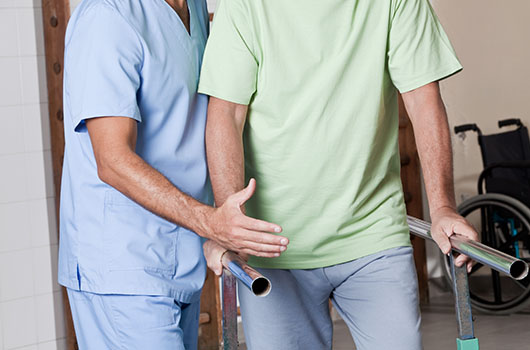
Neurological Physiotherapy
As everyone’s experience of having Parkinson’s is different, Neurological Physiotherapy aims to identify and address the individual needs of a person living with Parkinson’s Disease. Such physiotherapy can maximise ones physical potential and also improve quality of life. Neurological Physiotherapy is a branch of physiotherapy that specialises in the treatment and management of people who have neurological conditions, such as Parkinson’s.
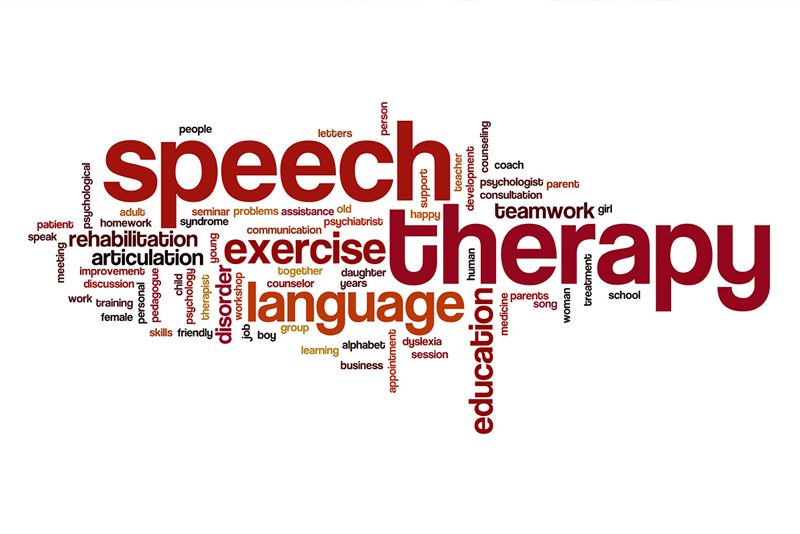
Speech Therapy
Parkinson’s Disease can also affect your speech and swallowing. Dysarthria is the term used to describe difficulty with speaking and dysphagia means difficulty swallowing. Both of these can be severely limiting symptoms of Parkinson’s but can be helped by seeing a speech pathologist or speech therapist.
Speech and language pathologists can help people with Parkinson’s to maintain as many communication skills as possible. They also teach techniques that conserve energy, including non-verbal communication skills.
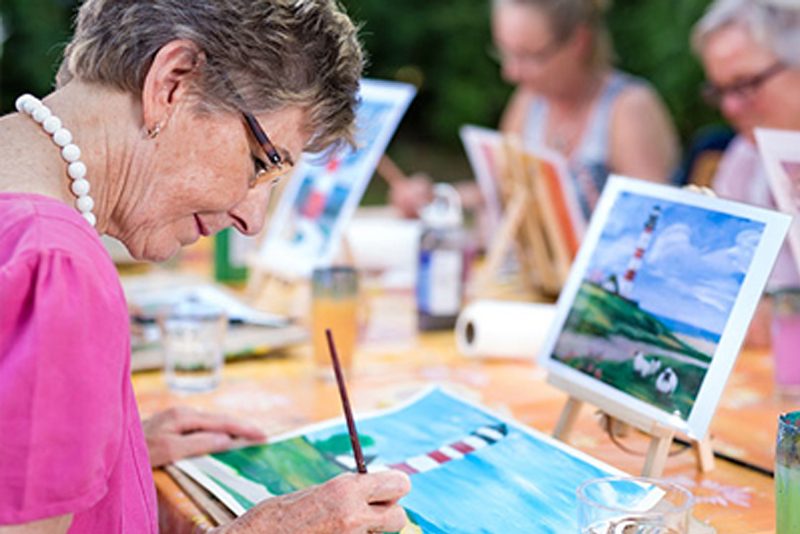
Art Therapy
Engaging in art therapy has proven to improve the lives of those living with Parkinson’s. It can help to alleviate several symptoms of Parkinson’s including loss of fine motor control, rigidity and tremors. Many people have also reported that Art has improved Micrographia, specifically improving handwriting.
Art can be in the form of drawing, painting and modelling and helps to develop the fine and gross motor skills while promoting a healthy environment. Through participating in art as a therapy, people with Parkinson’s are challenged both physically and mentally promoting stimulation in both sides of the brain.
